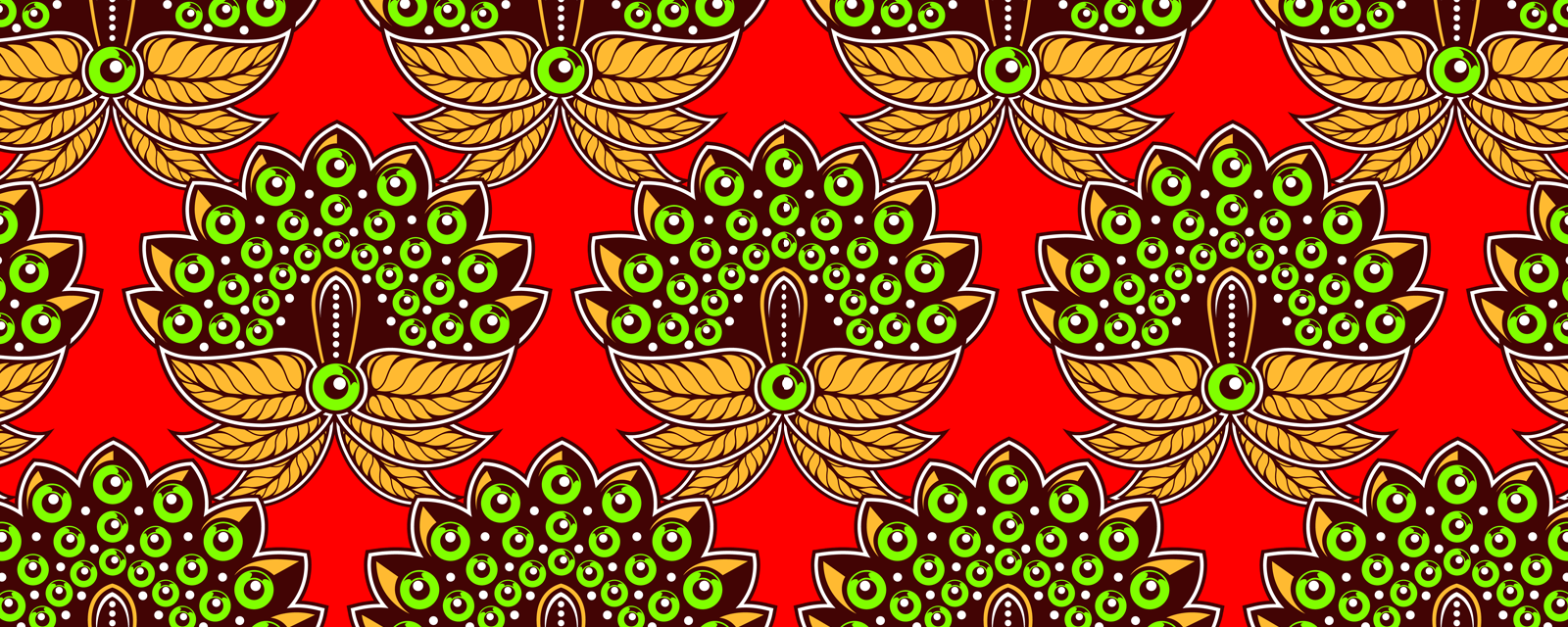For over five centuries, Hausa has been one of Africa’s written languages. But a strong tradition of oral poetry exists alongside the written forms, and at times the two have been in competition. These ancient praises are of former rulers (see also Rano).
But the official Islamic culture disapproves, Hiskett records other poets saying “Singer, stop, do not waste your time / In singing the praises of men. Sing the praises of the Prophet and be content.”
1
Yaji, snarer of rocks, (1)
Confounder of knavish tricks,
Imposer on enemies.
2
Kanajeji, drinker of the waters of Shika, (2)
Preventer of washing in Kubanni,
Lord, lord of the enemies’ towns,
Lord, lord of the enemies’ land.
3
Champion of the axes of the south,
Champion of the young men of the south,
Harbinger of wealth, Galadima. (3)
4
Male elephant-lord of the town,
Abdulla, like a bull hippopotamus, (4)
Forger of chains and arrows for the foreigner,
Forger of chains and adzes for the foreigner.
from A History of Islamic Verse
Mervyn Hiskett,
(London, School of Oriental and African Studies, 1975), 2–3.
Footnotes
- Yaji, ruler of Kano 1349–85. This surviving fragment of his praises emphasises his military prowess.
- Kanejeji, ruler of Kano 1390–1410. Again a fragment, emphasising military leadership, but also hinting at his control of water in a semi-arid region.
- Galadima is the title of an official, responsible for the southern part of the kingdom. This fragment of praise was addressed to Galadima Daudu, c.1450, and again stresses his military prowess while adding that he was wealthy.
- Abdulla held the title of Wombai, an official at the court of Mohammed na Zaki (1618–23). He was evidently a large man, and a blacksmith.

